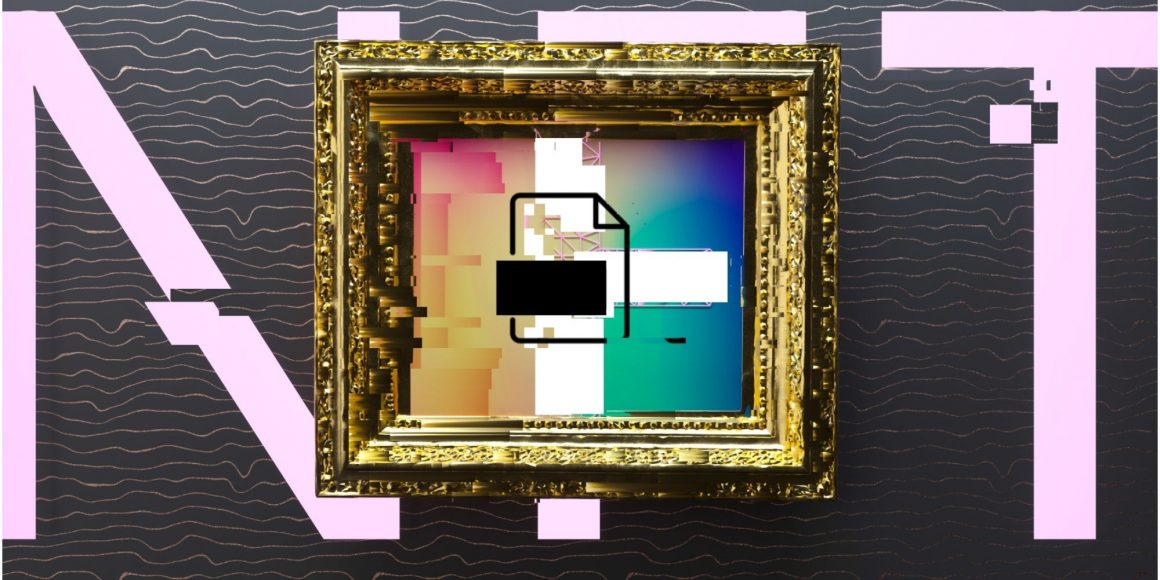Andriy Onufriyenko / Getty Images
- Painter Aja Trier said her artwork had been listed tens of thousands of times as NFTs on OpenSea.
- The massive NFT marketplace eventually took down the listings, but 37 had already sold, Trier said.
- As the market for NFTs has boomed in the last year, a new market for stolen artwork has also come about.
- Sign up here for our daily newsletter, 10 Things Before the Opening Bell.
Thieves have stolen Aja Trier's artwork thousands of times to create digital tokens known as NFTs.
She paints pieces generally inspired by Vincent Van Gogh's "Starry Night," just with a spin. For example, one piece features the Las Vegas sign, and another shows a cow jumping over the moon.
Her work has been stolen and sold on Amazon or elsewhere many times, she told NBC News, and then last week an unknown user put tens of thousands of her pieces for sale on OpenSea as non-fungible tokens, aka NFTs.
In an email to Insider, she said 37 of the pieces were sold before OpenSea, the massive online marketplace for buying and selling NFTs, removed the listings.
"Yes, they removed the content. Great," she told Insider. "But what about the 37 sales made of my art that was illegal?"
Trier said the marketplace is profiting from "illicit" activity and questioned the company's safeguards. Another artist told NBC that asking marketplaces to take down NFTs with his stolen artwork became a daily chore before he finally gave up.
In an emailed statement to Insider, an OpenSea spokesperson said, "We take theft seriously and have policies in place to meet our obligations to the community and deter theft on our platform. We do not have the power to freeze or delist NFTs that exist on decentralized blockchains, however we do disable the ability to use OpenSea to buy or sell stolen items. We've prioritized building security tools and processes to combat theft on OpenSea, and we are actively expanding our efforts across customer support, trust and safety, and site integrity so we can move faster to protect and empower our users."
The market for NFTs, which are generally digital pieces of art tied to blockchain technology, boomed in 2021, hitting a record $25 billion in sales, according to a Reuters report.
Alongside that epic growth has come a new market for stolen artwork. One platform, known as DeviantArt, has actually worked to combat the problem by inspecting blockchains and alerting artists when copies of their work are listed on NFT exchanges, NBC News noted in its report.
